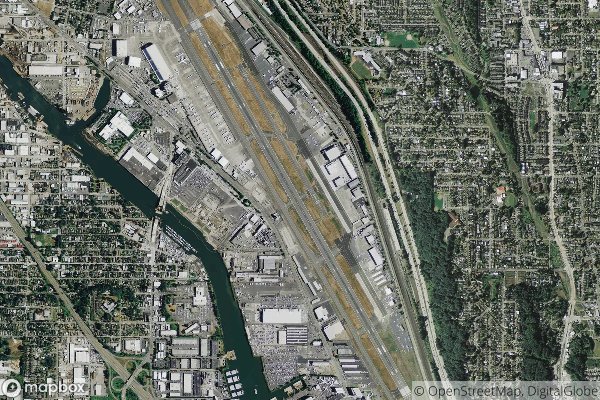| Code | ADS/KADS |
| Name | Addison Airport |
| Location | Addison, Texas |
| Major city served | Dallas |
- See here the complete List Of All Airports In United States with Codes.
Understanding ADS/KADS Airport Code (Structure of Airport Codes, Challenges and Confusions)
Airport codes, also known as location identifiers, are unique three-letter codes assigned to airports worldwide. The ADS/KADS airport code is the location identifier for Addison Airport, a public airport located in Addison, Texas, USA. Understanding the structure of airport codes, as well as the challenges and confusions associated with them, is essential for anyone involved in aviation operations.
Decoding Airport Code
Decoding airport codes can be a tricky task, especially for those who are not familiar with the system. The three-letter codes are generally based on the name of the airport or the nearby city, but there are also cases where the code seems to have no real connection to the airport’s name or location. For example, the ADS/KADS airport code for Addison Airport does not directly reflect the name or location of the airport. This inconsistency can lead to confusion, particularly for travelers and those unfamiliar with the system.
Operational Significance
The role of airport codes in aviation operations is significant. Pilots, air traffic controllers, and airline personnel use these codes to communicate and identify specific airports during flight planning, navigation, and air traffic control. The ADS/KADS airport code is crucial for ensuring smooth and efficient operations at Addison Airport, as well as for maintaining safety and coordination within the national and international airspace.
The use of airport codes facilitates effective communication and navigation for all parties involved in aviation operations, and it is essential for ensuring the proper handling of flights, baggage, and passenger services. In addition, airport codes are key components of flight schedules, booking systems, and airport databases, making them indispensable for the aviation industry.
History of Airport Codes
The history of airport codes dates back to the early days of commercial aviation. The development of a standardized coding system for airports was necessary to streamline communication and navigation processes as air travel became more prevalent. Today, the International Civil Aviation Organization (ICAO) and the International Air Transport Association (IATA) are the two primary organizations responsible for assigning and maintaining airport codes globally.
Despite the challenges and confusions associated with airport codes, they remain an essential part of the aviation industry. Understanding the structure and significance of ADS/KADS airport code and other airport codes is vital for anyone involved in aviation operations. Whether you are a pilot, air traffic controller, airline personnel, or a traveler, awareness of airport codes is fundamental for ensuring safe, efficient, and seamless air travel experiences.
In summary, airport codes play a crucial role in aviation operations, and they are essential for effective communication, navigation, and coordination within the aviation industry. The ADS/KADS airport code for Addison Airport, along with other airport codes worldwide, carries significant operational significance and remains a key component of the global aviation system.


